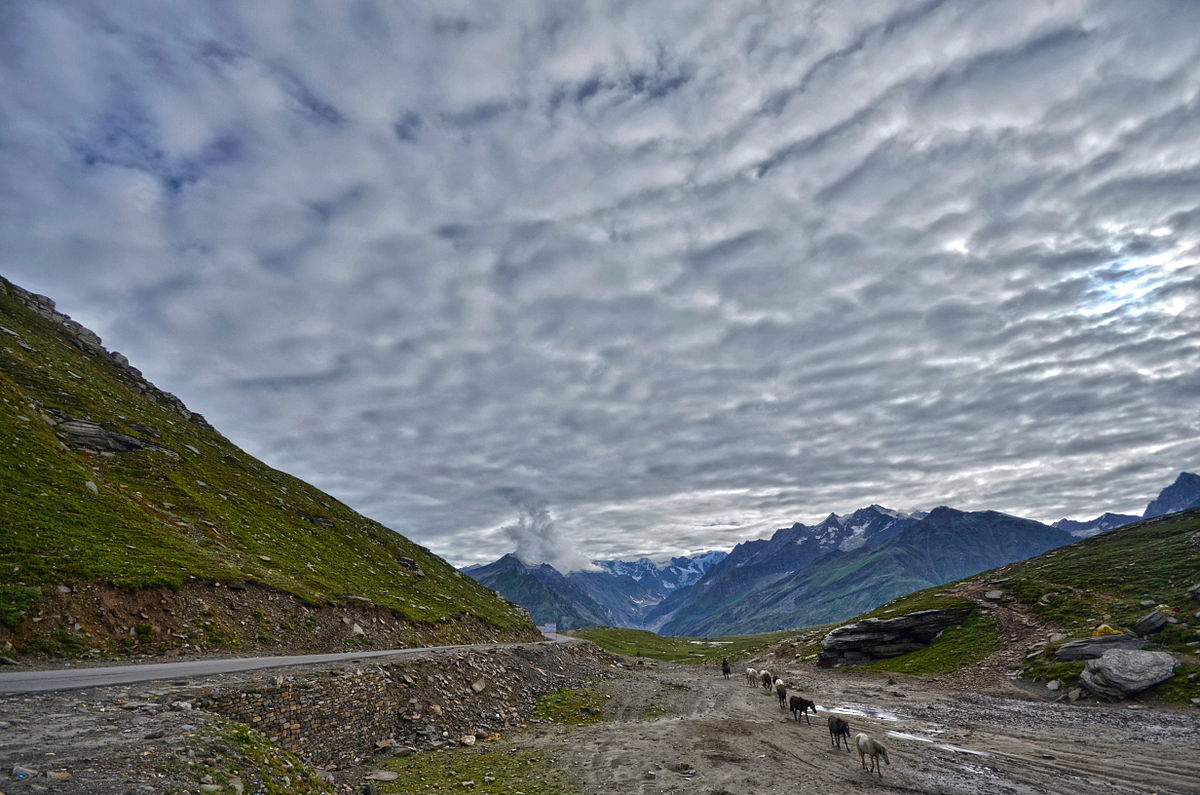Lifestyle
Indian man pedals bicycle rickshaw from seaside Kolkata to Himalayan pass

TheWanderer7562 / Flickr
KOLKATA, India—It took 68 days for Satyen Das to laboriously pedal his rickety, self-remodeled bicycle rickshaw from the seaside Indian city of Kolkata to the roof of the world—a 5,369-meter (17,600-foot) Himalayan pass. His goal: to promote the vehicle as an environmentally sound travel option.
As he pedaled toward the top of Khardung La on the world’s highest motorable pass, he remembered the words of his wife and 9-year-old daughter: “You must complete this mission.”
The journey was arduous. To prepare, he trained by loading his rickshaw—a carriage-styled seat hooked to a bicycle—with heavy items and cycling long distances. He modified the rickshaw, adding a third brake pedal. And when the time came to set off on his journey on June 11, he packed lightly, carrying only a few items of clothing, medicine, food and a stove, a sleeping bag and plastic sheets for an emergency shelter if the weather turned rough.
“I crossed five high mountain passes on the way” during the journey in the region of Ladakh, Das, 40, said in an interview. At one point, he faced a group of bears, but was relieved when they showed little interest in him or his rickshaw.
Near his destination, he took shelter with Indian paramilitary forces after sighting an elusive snow leopard around midnight in the high reaches of Lakadh. And on his way home, a German woman cycling solo in the mountains offered him food after he’d run out of his own, and shelter in her tent on a particularly cold night.
In total, he covered nearly 7,000 kilometres (4,440 miles) to be the first to accomplish the feat, which he hopes to have endorsed by Guinness World Records.
The idea “was to popularize the cycle-rickshaw as eco-friendly transport that does not need any fuel,” he said.
It’s a mode of transport he and his family have relied on their entire lives, with Das earning about 200 rupees ($3.20) a day transporting passengers in Kolkata, the capital of India’s West Bengal state. Under its former name Calcutta, it was a home base for Imperial Britain when it ruled the South Asian subcontinent.
Das started as a so-called “rickshaw wallah” under his father, who also pedaled a rickshaw for a living.
He enjoyed the job, he said, because “there was no one to boss me around!”
But he always dreamed of setting an example for others, and wondered how to do it being poor and with little education.
“So I thought, why not do something which is within my reach. I decided to spread the message of peace using my cycle-rickshaw,” Das said.
He made his first attempt for Ladakh in 2008, carting his wife and daughter up to an altitude of 3,979 metres (13,050 feet) on the Rohtang pass of Himachal Pradesh state before running out of cash.
For his latest expedition, he received 150,000 rupees (about $2,460) from a local club sponsor.
“We had known about Das’ interest in touring around the country” since his first 2008 attempt at the Himalayas, said Partha De of Kolkata’s Agrani Club. “Hearing that someone is going on such an incredible journey, it grabs interest.
It’s a wonderful achievement.”





















